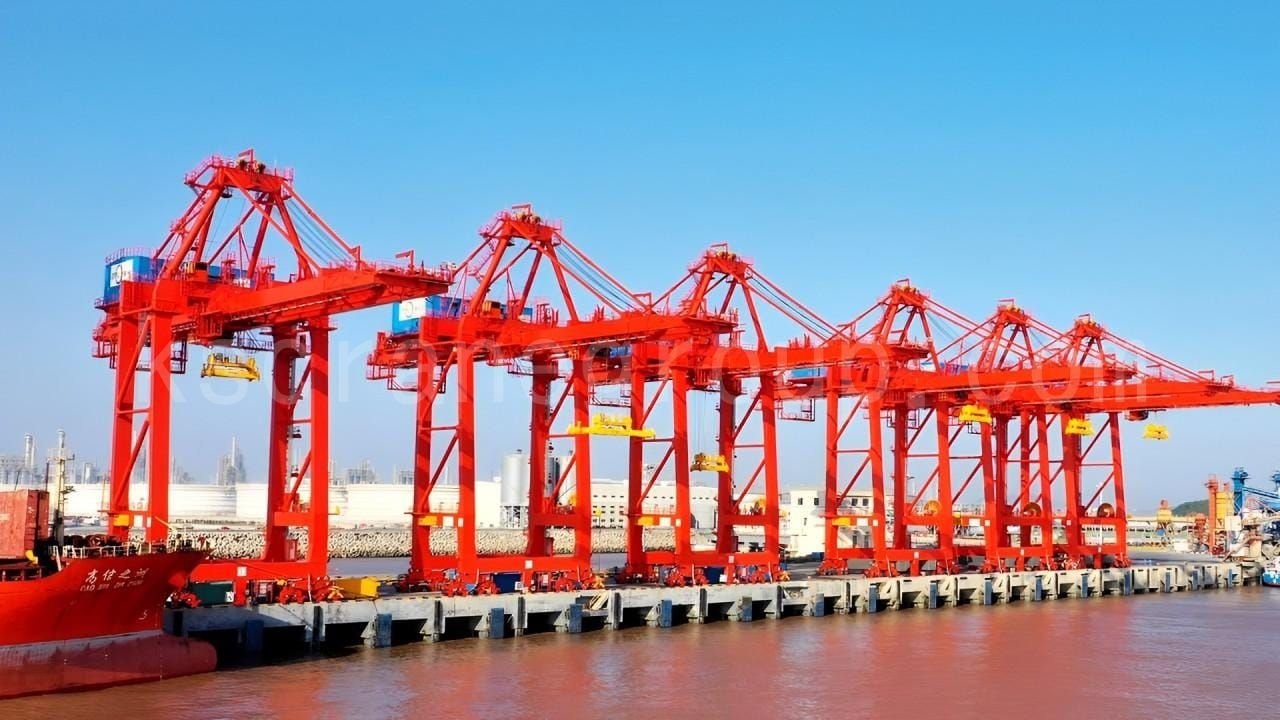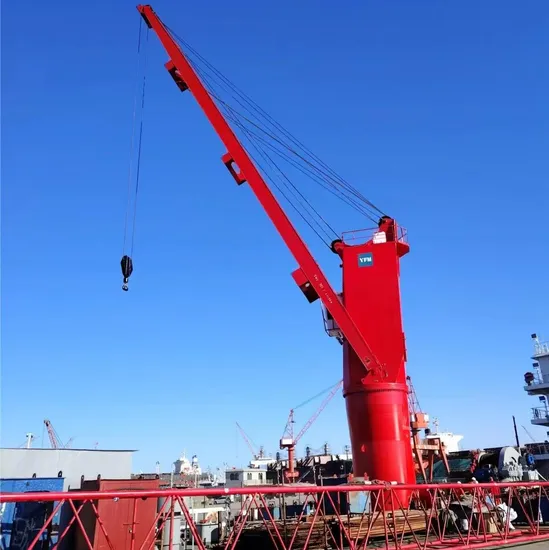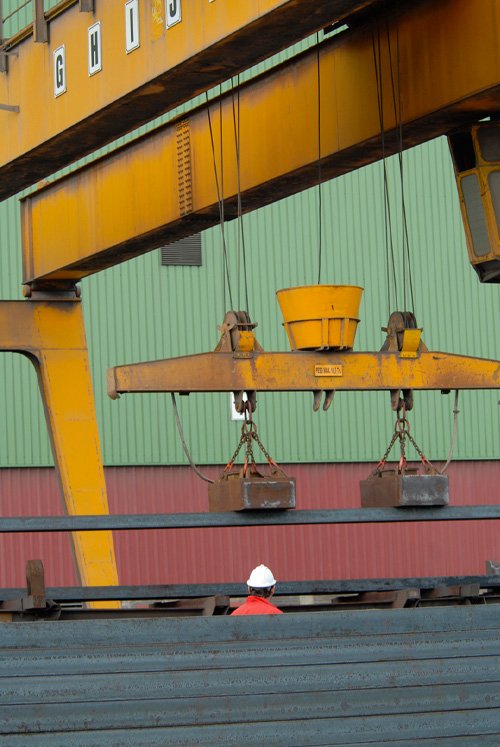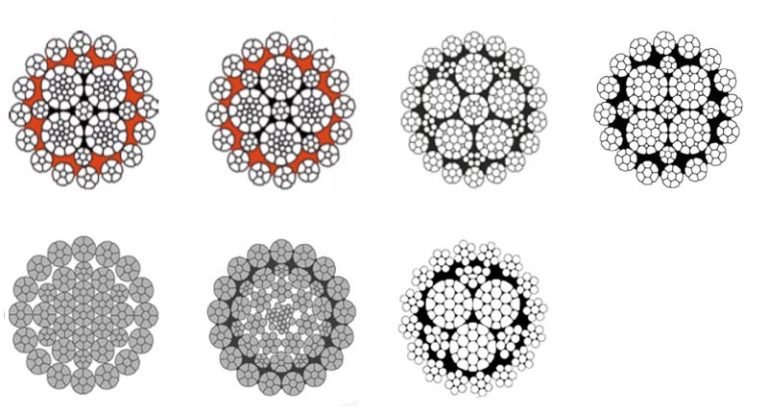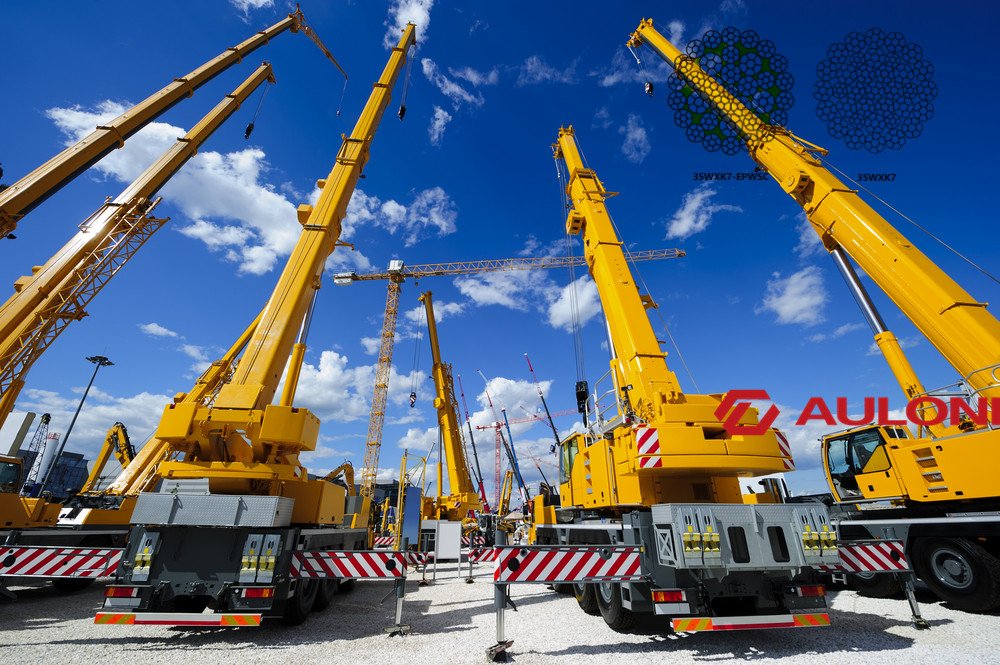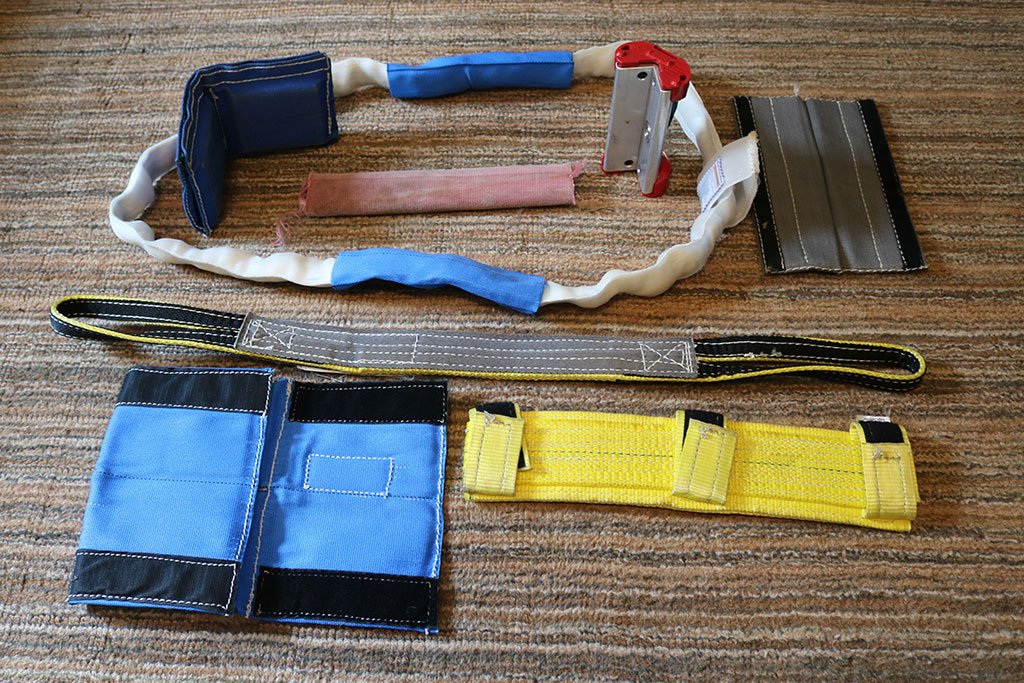
You need to lift heavy things. You need to do it safely. But how do you choose the right sling?
Polyester webbing slings are used more because they are lightweight, flexible, strong, and highly resistant to chemicals, making them versatile and safe for many lifting tasks.
Let me tell you about a time a client asked me about the best sling material. They needed something reliable. I told them about polyester.
What makes polyester slings stand out from other materials?
Choosing the right material is key. What makes polyester a top choice?
Polyester slings stand out due to their high strength-to-weight ratio, excellent chemical resistance, low stretch, and non-conductive properties, offering superior safety and durability in diverse industrial settings.

When we talk about lifting, durability and safety are big concerns. Polyester webbing slings offer many advantages. They are made from synthetic fibers. These fibers give polyester unique features. It has high tensile strength. This means it can handle heavy loads without breaking. It also has low stretch. This helps keep the load stable when lifting.
Advantages of Polyester Slings
- High Strength: Polyester fibers are very strong. They can lift heavy items.
- Good Chemical Resistance: Polyester resists many chemicals. This includes acids and bases. This makes them safe for use in different environments.
- Low Water Absorption: Polyester does not absorb much water. This helps prevent rot and mold. It also means they stay strong when wet.
- Abrasion Resistance: They can withstand wear and tear. This makes them last longer.
- Lightweight: Polyester slings are light. This makes them easy to handle. Workers can move them easily.
- Flexibility: They are flexible. They can conform to the shape of the load. This helps secure items better.
- Non-Conductive: Polyester does not conduct electricity. This is important for some jobs.
| Feature | Polyester Webbing Slings | Other Materials (e.g., Wire Rope) |
|---|---|---|
| Material Cost | Often lower | Can be higher |
| Weight | Very light | Heavy |
| Flexibility | High | Lower |
| Chemical Resist. | High | Varies, can be low |
| Abrasion Resist. | Good | Good, but can fray |
| Damage Detect. | Easy to inspect | Can be harder to spot internal damage |
| Storage | Compact, easy | Can take up more space |
Disadvantages to Consider
Even with all these benefits, there are things to consider. Polyester slings are not good with sharp edges. They can be cut easily. This is why edge protection is often needed. Also, they are not as heat resistant as some metal slings. For very hot environments, other materials might be better.
How do polyester slings meet safety standards for heavy lifting?
Safety is my top priority. How do polyester slings ensure this?
Polyester slings meet strict safety standards like EN12385-4 by undergoing rigorous testing for breaking load, elongation, and material integrity, ensuring reliable and compliant performance in diverse lifting applications.
When we talk about lifting, following rules is very important. Standards like EN12385-4 set the bar. They tell us how strong a sling must be. They also specify how much it can stretch. My factory makes sure our slings meet these rules. We test our products carefully. This includes breaking load tests. We also check for elongation. This is how much the sling stretches under load.
Key Certifications and Compliance
- EN12385-4: This is a European standard. It covers wire ropes for general lifting. Even though polyester is not wire rope, the principles of testing and safety are similar. We ensure our products meet or exceed similar high standards for strength and safety.
- BV & CE, RMRS, DNV, ABS: These are certificates. They show our products are good. BV and CE are common for safety. RMRS is for Russia. DNV and ABS are for marine use. When clients ask, we provide these. This gives them trust.
| Certification | What it means | Importance |
|---|---|---|
| CE | European Health, Safety, and Environmental Protection standards | Mandatory for products sold in the EEA |
| BV | Bureau Veritas certification for quality and safety | Global recognition for reliability |
| RMRS | Russian Maritime Register of Shipping | Required for products used on Russian vessels |
| DNV | DNV GL (Det Norske Veritas Germanischer Lloyd) certification for maritime and energy industries | Ensures high standards for critical applications |
| ABS | American Bureau of Shipping, primarily for marine and offshore industries | Essential for products used on US-flagged vessels |
Why these standards matter
These standards are not just papers. They are about safety. They help prevent accidents. They ensure that the sling can do its job. For example, a heavy component needs to be lifted. It must be lifted safely. Our slings help make this happen. They are tested to handle the load. They are built to high quality.
Where are polyester webbing slings commonly used?
Knowing where to use a product is key. Where do polyester slings shine?
Polyester webbing slings are commonly used in construction, manufacturing, marine, and logistics industries due to their versatility, non-marking properties, and suitability for lifting delicate or finished goods without damage.
Polyester webbing slings are very useful. You see them in many places. They are good for general lifting. This means moving things from one place to another. They are also used for more specific jobs.
Common Industry Applications
- Construction Sites: Workers lift beams. They move equipment. Polyester slings are light. They are easy to use on site.
- Manufacturing Plants: In factories, parts need to move. Polyester slings are good for lifting delicate items. They do not scratch surfaces. This is important for finished products.
- Marine Industry: On ships, things get wet. Polyester slings do not absorb much water. They resist rot. This makes them good for marine use.
- Logistics and Warehousing: In warehouses, goods are stacked. Slings help move pallets. They are quick and efficient.
- Wind Energy Sector: Components for wind turbines are huge. Polyester slings can carefully lift and position these parts.
Why specific industries choose polyester
Some industries value specific features. For example, my client, a buyer, works with high quality products. They need slings that do not mark or damage surfaces. Polyester slings are perfect for this. They are soft. They do not leave scratches. This is a big plus for sensitive goods. Also, their chemical resistance makes them good for places with exposure to certain liquids.
Conclusion
Polyester webbing slings offer a strong, safe, and versatile option for many lifting needs. Their features make them a top choice.


